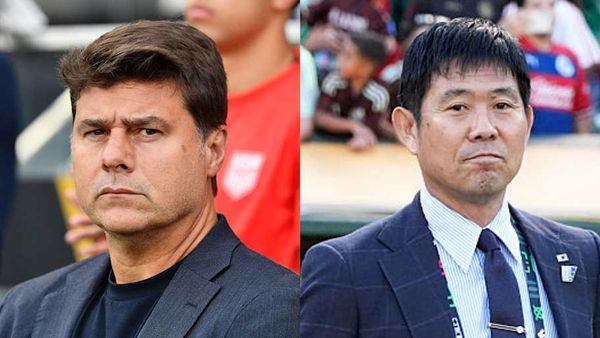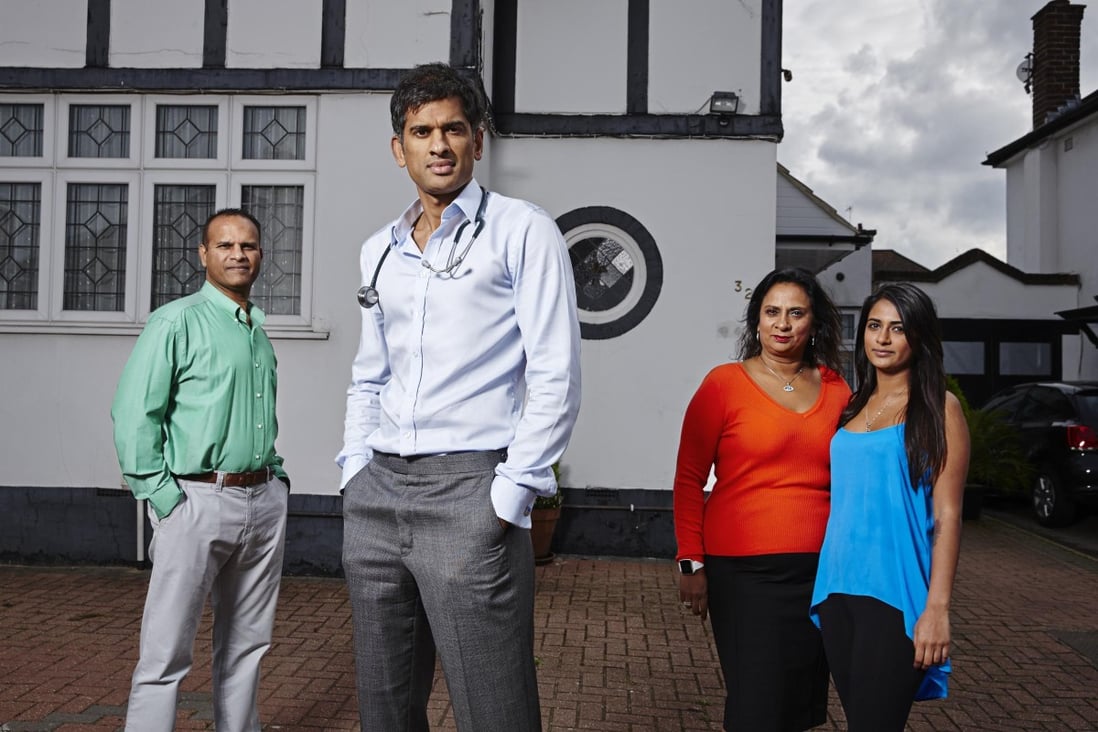
A preventable vitamin D deficiency nearly killed Rangan Chatterjee’s son, and as an experienced doctor with an immunology degree and specialist qualifications, he had been unable to prevent it. The episode brought him face to face with his own fallibility.
Now recognised as a bestselling health author by British newspaper The Sunday Times, and the host of a health podcast with more than 1.5 million listeners each month, 10 years ago Chatterjee realised there was a great deal more about medicine and health that he needed to learn.
“As doctors, we are trained to treat acute conditions such as infections and heart attacks, but chronic conditions require a different approach,” he says. “As my six-month-old boy was lying there helpless, and I, a trained professional, even more helpless, I realised that simple things like nutrition and lifestyle had been broadly neglected in my training.”
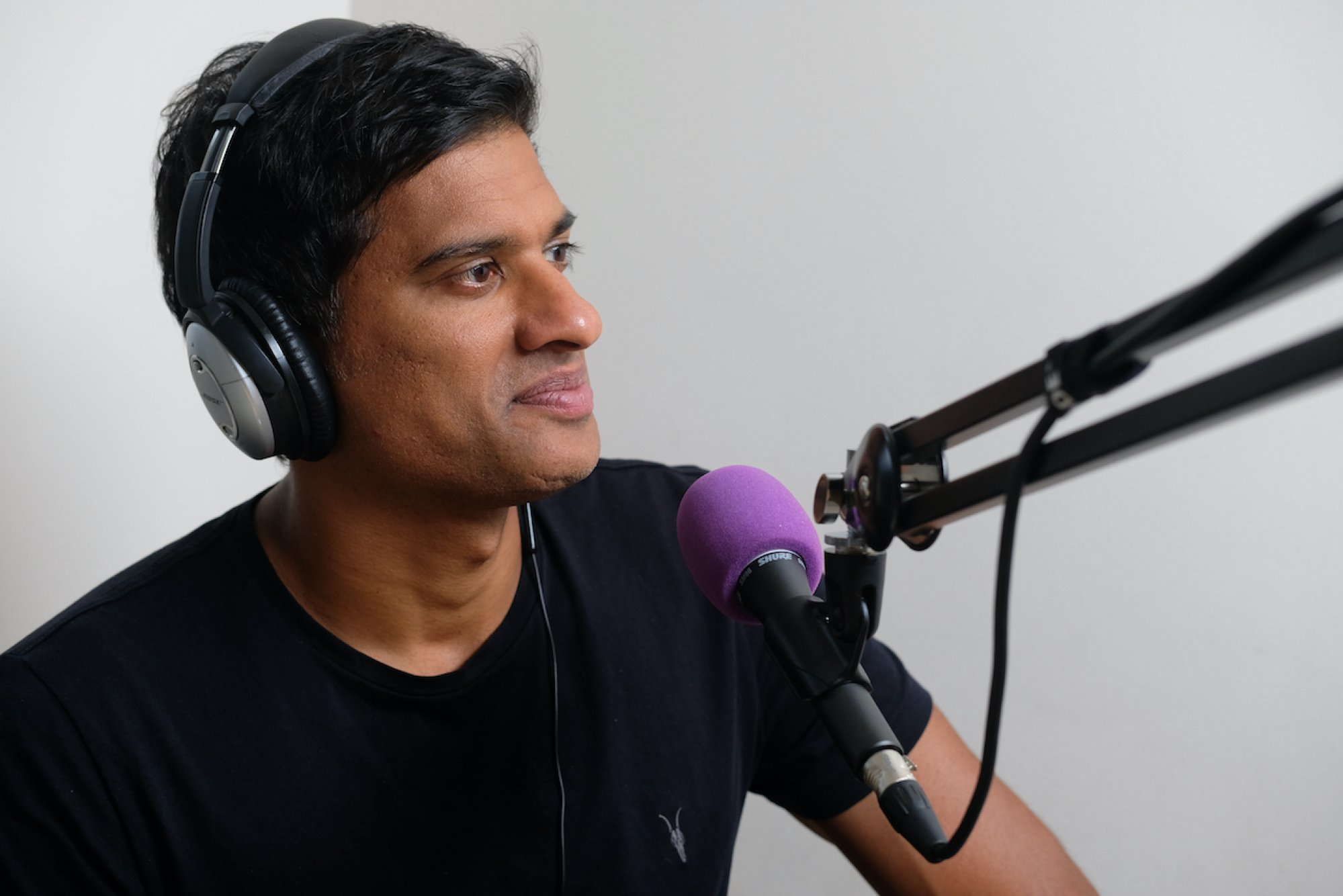
It was on that night in December 20010 that everything changed for Chatterjee, 42, now host of a recently launched radio programme on BBC2 and the author of the newly published book, Feel Great, Lose Weight, which sold 20,000 copies in its first two weeks.
Guilt drove Chatterjee to ask himself if vitamin D could help his son cope with eczema and help boost his immune system. He read about nutrition, gut health and microbiology – things he had learned about in an immunology course in 1998. He had never used the knowledge because medical school lecturers had never told him how to.
His son recovered and today is a thriving 10-year-old living with a little sister in the northwestern British city of Manchester – but the experience haunted Chatterjee. He returned to his practice, but felt an overwhelming sense of doubt. “I was diagnosing conditions and prescribing pills but, mostly, I felt as if I was simply putting a Band-Aid on symptoms,” he says.
Chatterjee’s wife, Vidhaata, encouraged him to learn about alternative perspectives on health, but as a full-time doctor and kidney specialist, and the carer for his father, who had been diagnosed with the autoimmune disease lupus in 2003, that wasn’t an option.
In September, 2013, a few months after his father’s death, Chatterjee enrolled in courses in the US on lifestyle medicine and emerging research on the gut microbiome, which he found life-changing. When he returned to Britain, he put everything he had learned into practice with his patients, and although he was prescribing less medication than ever before, many of their ailments disappeared.
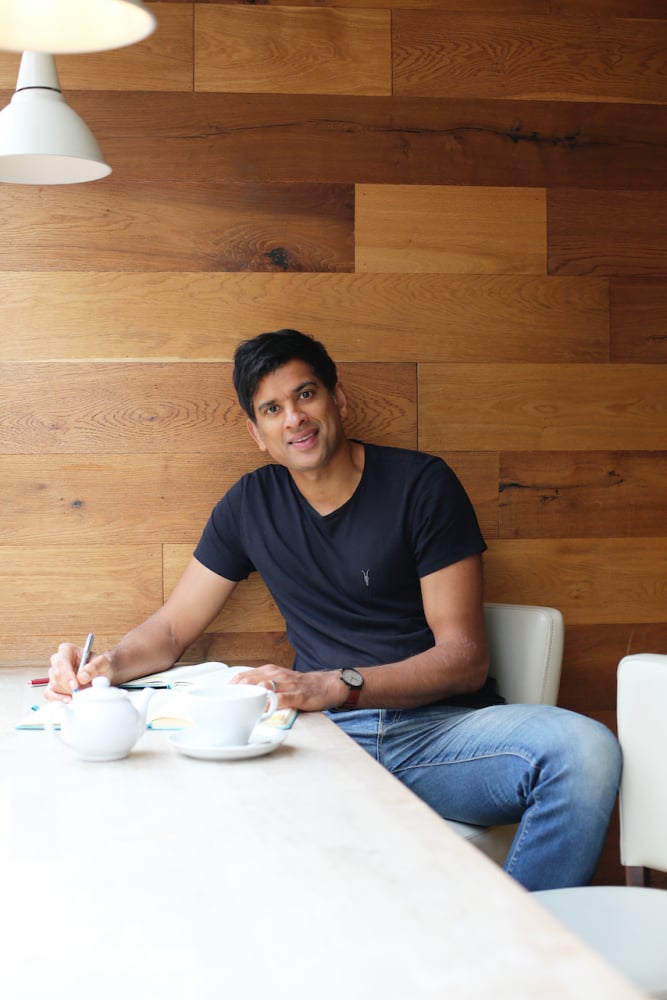
“I realised that 80 per cent of the cases we see as doctors are related to our collective modern lifestyles, because while genetics might load the gun, the environment pulls the trigger,” he says. “The way modern life is set up, we’re stressed out, sleep-deprived, and it’s easy to access poor quality food that’s engineered to being close to addictive.”
The consequences, according to Chatterjee, include type-2 diabetes,obesity, migraines, gut problems, depression, anxiety andinsomnia. Yet, he fully believes, as he emphasised in his 2016 TEDx Talk, “How to Make Diseases Disappear”, small but consistent life changes, which often cost nothing, can improve health and also focus, relationships and well-being.
Chatterjee developed his own life plan focusing on diet, relaxation, movement and sleep, called The 4 Pillar Plan, which was the basis of his first bestselling book in 2017.
Six self-care trends from around the world to lift your spirit
He also starred as the host of BBC’s prime-time hit series Doctor in the House, living alongside people suffering from unexplained symptoms and chronic conditions. Chatterjee listened to their problems and, instead of prescribing medicine, suggested specific life and diet changes.
Within weeks, they had all vastly improved, and many experienced complete reversals. He managed to successfully treat conditions such as type-2 diabetes, migraines, insomnia, fibromyalgia and mental health problems using his progressive approach.
For his second book, The Stress Solution, published in 2018, he broadened his focus to look at how to reset the body, mind, relationships and purpose.
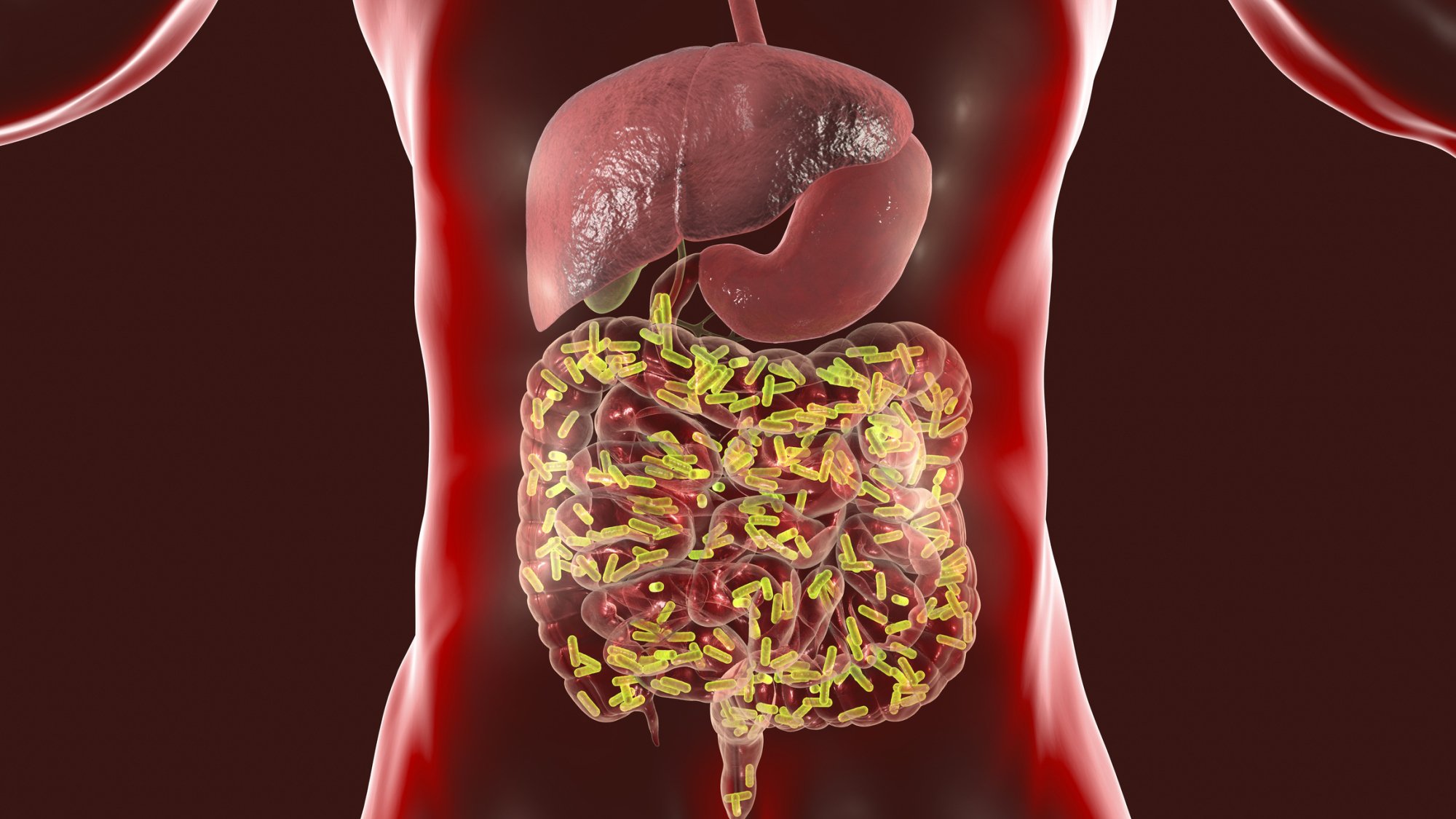
“Technology has changed everything and life is so busy,” he says. “People no longer have boundaries between work and home life. We’ve eroded down time by filling up every minute with things. Scheduling your day to include time for exercise, time for family, time for rest as well as work demands is a key to taking back control in your life.”
He adds that when patients instigate one small change every day for a week they will feel the difference. Chatterjee also believes that simple and quick stress-busting routines are preferable to hour-long sessions once a week. For example, patients following his three, four, five breathing practice inhale for three seconds, hold for four seconds and breathe out for five seconds.
Chatterjee’s third book, Feel Better in 5, published in 2019, is based on the premise that it only takes five minutes to become healthier, happier and less stressed. It includes a strength workout that can be practised anywhere, gut-boosting snacks you can eat on the go, and breathing exercises to calm the mind.
Stanford University professor Brian Jeffrey Fogg has called it “probably the best habit change program I have seen, deceptively simple but remarkably effective”.
His Feel Better, Live More podcast, produced by Vidhaata, now ranks first in the Apple App Store’s health category. The secret to this success, according to Chatterjee, is that the podcast provides nuance, context and perspective.
“Everything today is bite-sized for a quick headline or Instagram like, and while I was advised to keep each episode to 30 minutes – the length of a commute – I wanted to offer longform conversation,” he says.
Chatterjee also believes that it’s not what you say, it’s how you say it. He’s conscious about leading each discussion with compassion and without judgment. He tries to be authentic, and isn’t afraid of being honest and seeming vulnerable, which could be why he’s had meaningful conversations with guests such as authors Jay Shetty and Deepak Chopra, and even film stars including Matthew McConaughey.
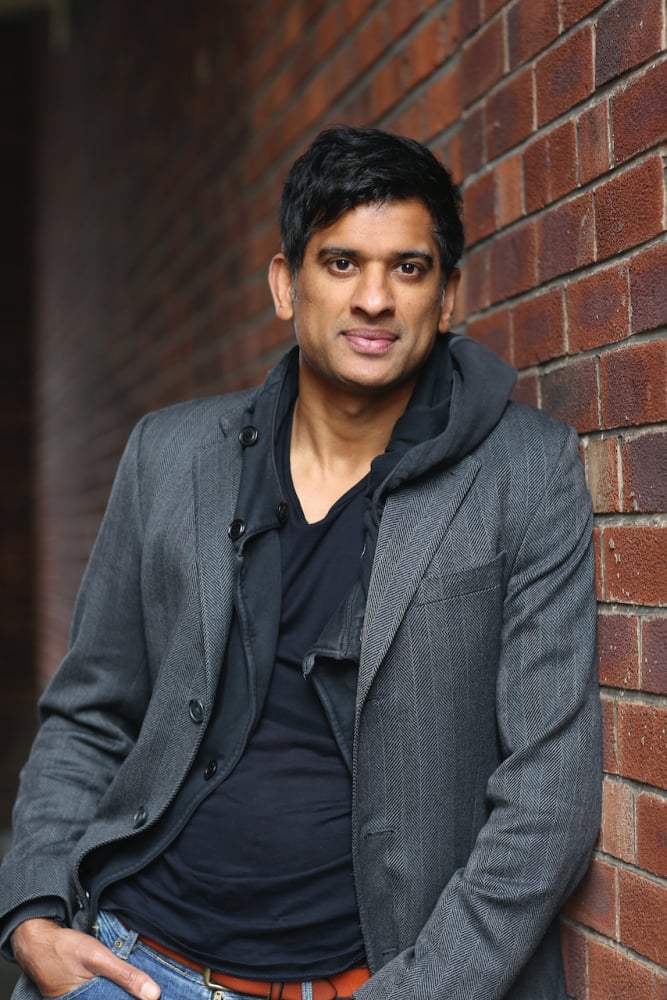
Chatterjee knew he could only help 30 people a day in his medical practice. Through his books, podcast and social media following of more than 440,000, he now helps hundreds of thousands a day. To go even further, he found a way to share his knowledge with fellow doctors so they could help their own patients.
In 2018, Chatterjee co-created the highly acclaimed Prescribing Lifestyle Medicine course, which is fully accredited by the Royal College of General Practitioners in Britain. It has been delivered by Chatterjee and his colleagues to over 2,000 family doctors, consultant physicians and other health-care professionals to provide them with a usable framework to apply lifestyle medicine principles in clinical practice.
“In November 2020, we hosted 600 medical professionals via Zoom, including some from Hong Kong, and 95 per cent of attendees said it has significantly changed the way they practise,” he says.
Why children shouldn’t get sweets or snacks to cheer them up
Chatterjee’s fourth book, Feel Great, Lose Weight, examines his theory that “we used to eat food to fill a hole in our stomachs, now we eat to fill a hole in our hearts”. It explores the roots of why people gain weight and offers lifestyle changes to help build a better, healthier relationship with food with sustainable results.
According to Chatterjee, people prioritise food and movement, but the boon of quality sleep is often ignored.
“If you’re trying to lose weight and you sleep five-and-a-half hours, compared to eight hours, a night you will eat on average 22 per cent more calories the following day,” he says. “So five days of not sleeping can prompt you to eat a whole extra day’s worth of calories.”
He also believes a good morning routine should include the 3 Ms: mindfulness - breathing, being in nature or meditation; movement - skipping, tai chi or yoga; and mindset - gratitude and affirmations. He says when he practises these three, his day goes well.
“My life’s mission is to empower 100 million people to be the architects of their own health,” he says. “I’ve worked on myself, and I want people to know that. I have the same anxieties, sense of doubt and impostor syndrome everyone else does, but by seeking help to unpack my psyche, mental state and insecurities, I’ve broken through barriers.
“I hope others will, too, because it’s so important.”




